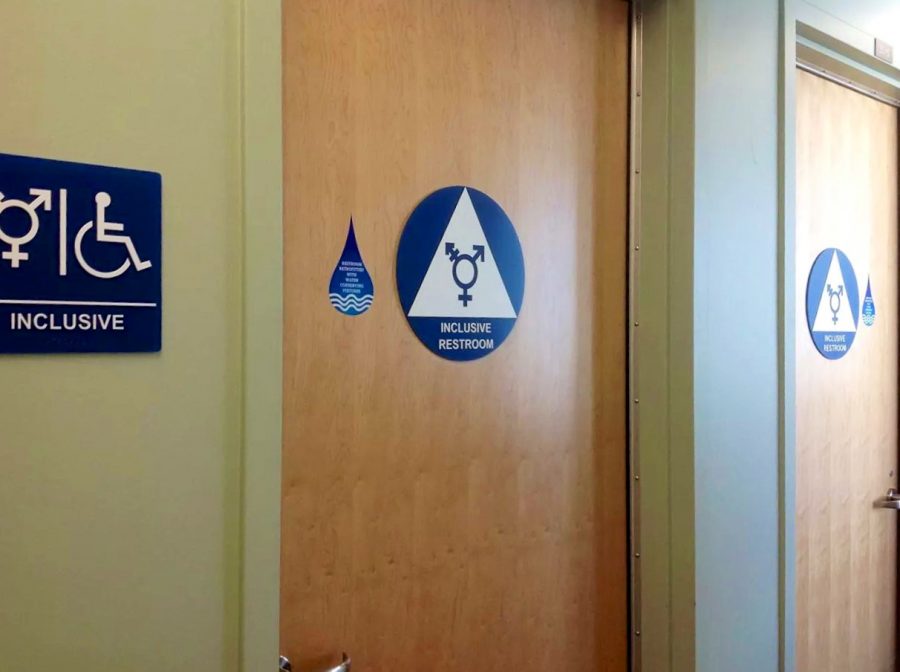On Friday, American musician Bruce Springsteen announced that he would cancel his Sunday concert in North Carolina in protest of the new state law.
On March 23, the North Carolina governor signed the controversial “bathroom” law, or House Bill 2, which bans transgender people from using public bathrooms for the sex they identify.
Advocates of House Bill 2 claim that this prevents men using women’s locker rooms or bathrooms, while opponents of the bill say that this discriminates against transgender and LGBT people.
Many saw the passing of this law as a huge step backward for the LGBT community.
“The law is irrational. This law is a waste of resources and is a way of discounting a group of people. I don’t understand why there would be laws like this against a basic human need,” said sophomore Alyn Seymour.
According to USA Today, Springsteen said that he felt as though this was a time for him and his band to show solidarity for those who were also against this law.
“I think that it’s always great when someone who is highly looked up to, like Springsteen, stands up for their beliefs. Knowing that Springsteen is more popular in an older crowd, I think it’s great that all generations are learning about this topic, and not just the younger, more progressive generation,” said Seymour.
Also in protest of the new bill, the Tony-award winning Broadway composer, Stephen Schwartz, and his collaborators, decided to stop all productions of “Wicked” in the state of North Carolina.
More than 90 major business leaders signed a letter which called for a full repeal of the bill. Some of the businesses that signed the letter were American Airlines, Miramax, Bank of America, Cisco, Uber, and Google Ventures.
“I think it’s horrible that a law was passed banning people from using whichever bathroom they feel more comfortable with, [but] it is great that influential people are standing up against these kind of things,” said sophomore Tyrese Lopez.



Jacob Zhong • Apr 18, 2016 at 10:15 pm
I understand that some people might not understand precisely what transgender and nonbinary genders are, and this seemingly new phenomenon might be confusing the more traditional people in power. Let’s not immediately dismiss their concerns as “discriminatory and dumb.” Yes, the law greatly hurts LGBTQIA people, but the passage of the law may simply be a result of a lack of provided information on the part of the lawmakers. They may not realize that transgender people are essentially functioning as whatever gender they have changed to, and that all that marks them as otherwise is their biological sex. In short, the problem isn’t malicious intent and narrow-mindedness, it may simply be a lack of understanding leading to a desire to prevent problems, which unfortunately backfired and put many LGBTQIA people in situations ranging from uncomfortable to uncomfortably strange to outright dangerous.